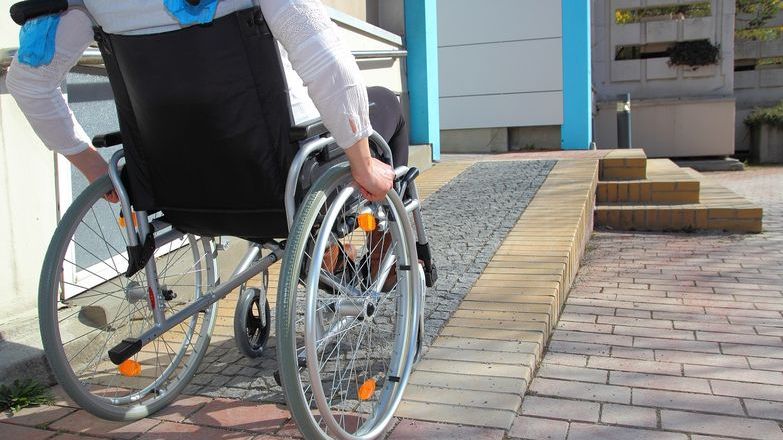
Provisions must be in place to access funding
People with a long-term illness or disability make up just over 30% of both owner-occupier and private renter groups in England, according to the 2021-22 English Housing Survey. The latest figures from the Office for National Statistics (2019) show that 42% of disabled people own their own home, compared with 53% of non-disabled people.
In response to the inquiry, Propertymark has called for increased provision of help to buy and shared equity schemes specifically targeted at disabled people to level the playing field in home ownership. Existing schemes are available, but they are limited to people who receive means-tested benefits – the UK Government should widen access and make a long-term commitment to providing this support.
Industry data suggests that private landlords are generally unaware of funding streams such as Disabled Facility Grants (DFGs) to support tenants with accessibility issues, but that when they became aware they were more likely to make their property accessible. We strongly encourage the UK Government to promote DFGs to private landlords and their agents and for local authorities to actively work to increase take-up.
Joined-up thinking and practical action is needed
Propertymark has also called for local authorities to set up databases of accessible homes which will allow them to signpost disabled people to private landlords and agents when there is not a suitable property in the social sector.
In order to improve the delivery of appropriate adapted housing across England several stakeholders have an important role.
- Local authorities should be required to improve their understanding of the number and needs of disabled people in their area, and this data should inform their Local Development Plans to ensure the right type of housing is provided.
- Developers should be incentivised to build the right type of housing for disabled people. This could be in the form of grants, interest-free loans or incentives through taxation.
- The UK Government should consider enabling Local Planning Authorities to transfer a proportion of their Section 108 affordable housing provision to accessible housing, in a similar way to methods used to reserve housing for groups such as armed forces veterans.
We strongly encourage individuals to add their voice to the inquiry to further strengthen the evidence.




